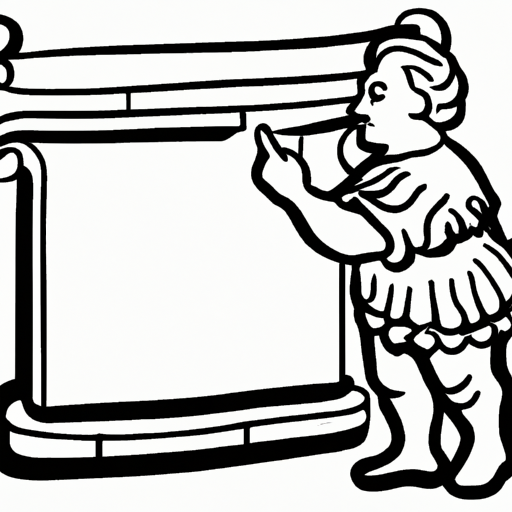Logistics vs. Procurement: Understanding the Differences

In the world of supply chain management, two terms often come up: logistics and procurement. While they are closely related and play crucial roles in ensuring the smooth flow of goods and services, they have distinct functions and responsibilities. This article delves into the differences between logistics and procurement, shedding light on their unique roles in the supply chain.
What is Procurement?
Procurement refers to the process of sourcing and purchasing goods and services required by a company. It encompasses various steps, including:
- Exploring suitable items for purchase.
- Obtaining quotes from suppliers.
- Engaging in negotiations.
- Placing orders.
- Conducting quality checks upon receipt.
The primary goal of procurement is to ensure that the company has the necessary materials and services at the best possible price, ensuring quality and timely delivery.
What is Logistics?
Logistics, on the other hand, deals with the movement, storage, and distribution of goods. It includes:
- Transportation of products.
- Warehousing and storage solutions.
- Packaging of goods for shipment.
- Ensuring products reach their destination in optimal condition.
Logistics ensures that products move efficiently from the point of origin to the end consumer, maintaining the quality and integrity of the goods.
Key Differences Between Logistics and Procurement
- Scope: While procurement focuses on sourcing and purchasing, logistics is concerned with the movement and distribution of goods.
- Flow Direction: Procurement generally pertains to the inward flow of goods, from suppliers to the company. Logistics, conversely, deals with the outward flow, ensuring products reach customers.
- Responsibilities: Procurement personnel are tasked with sourcing the right quality of raw materials and ensuring timely delivery. Logistics personnel, meanwhile, are responsible for maintaining the quality of finished products during transit and ensuring efficient delivery.
- End Point: The role of procurement personnel typically concludes once the material enters the manufacturing process. In contrast, logistics personnel ensure the safe delivery of finished products to customers or distributors.
Conclusion
While logistics and procurement are integral components of the supply chain, they serve different purposes. Understanding their unique roles and responsibilities is crucial for businesses aiming to optimize their operations and ensure a seamless flow of goods and services.
Logistics, Procurement, Supply Chain, Differences, Responsibilities, Sourcing, Transportation, Warehousing, Quality.

